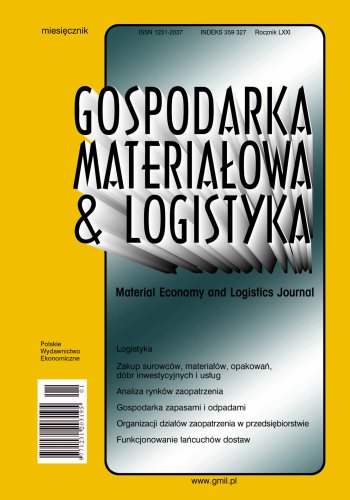This paper evaluates infrastructural investments in Poland and their impact on rail transport development between China and the European Union. Using data from diverse sources, including EU databases and the PKP database, the study employs a comprehensive methodology to explore railway transport, identifying main freight routes, understanding determinants, and recognizing barriers and challenges. Emphasis is placed on dependencies in route exchange, the consequences of the Russia–Ukraine conflict, data analysis in connections between cities, corridors, and their current state, and trends, barriers, and new initiatives, including crucial structural developments in Poland. Findings reveal dynamic growth in container railway freight since 2013. Poland, exceeding most EU states in rail intermodal transport growth, appears poised to be an "intermodal logistics hub" with planned modernization. The paper offers practical significance, providing insights for policymakers, railway operators, and logistics providers, identifying opportunities and challenges for enhancing railway freight competitiveness between China and the EU and encouraging collaboration among BRI stakeholders to address shared issues. The originality of the paper lies in the assessment of the railway freight routes between China and the EU, the Belt and Road Initiative, and its relationship with the infrastructural investments in Poland.
Keywords: Silk Road Economic Belt; Belt and Road Initiative; infrastructure development; rail infrastructure; China

